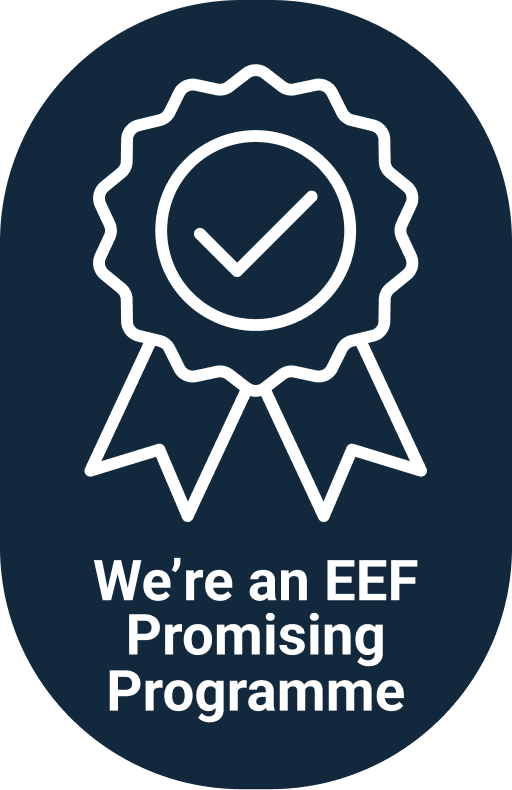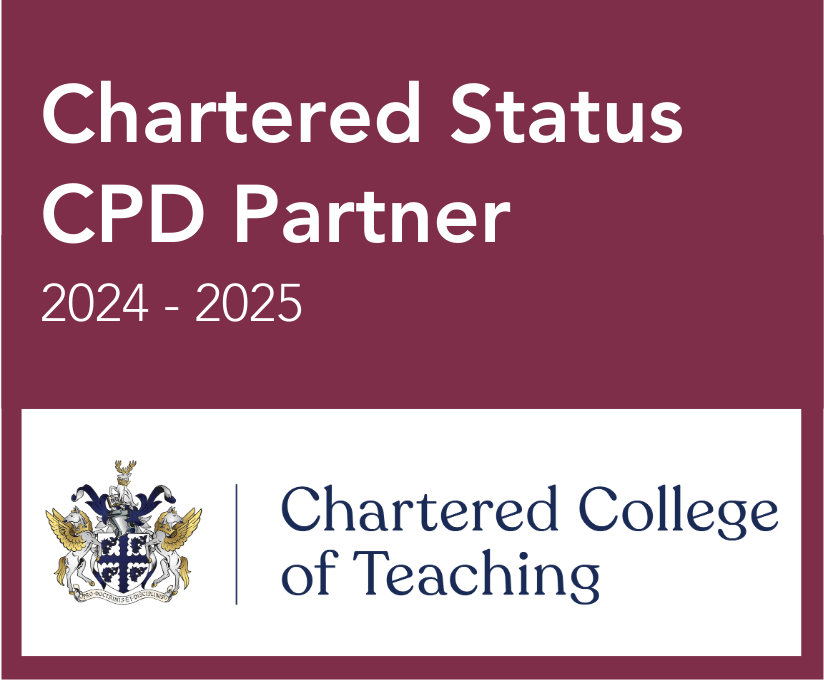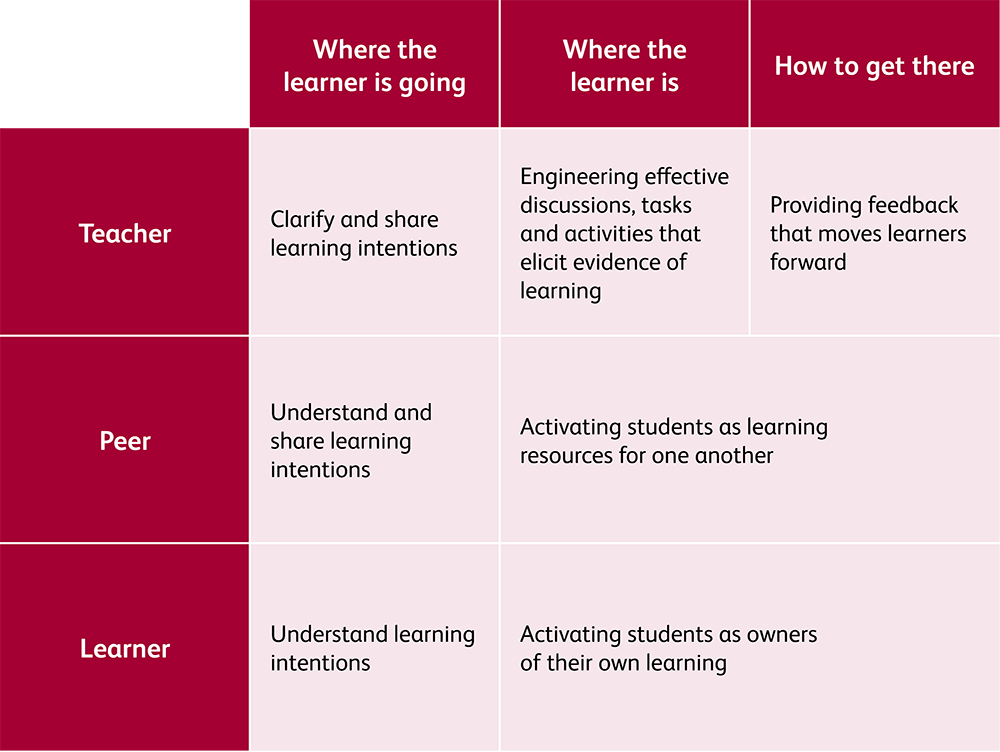EFA in primary schools
Embedding Formative Assessment is crucial for fostering a culture of continuous improvement in education. By incorporating formative assessment practices, teachers and learning support staff can gain valuable insights into children’s learning, identifying gaps in knowledge, and misconceptions, adapting teaching to meet individual needs, ultimately enhancing learner achievement and engagement. Join the network of Primary schools already doing EFA.
Read a case study about EFA in a primary school
Primary cluster model
Primary schools can join as individual schools, but if they may wish to join as a cluster of three schools, splitting the programme fee.
Please note, where primary schools join as a cluster, their training day and all subsequent mentor catch-ups and visits are delivered to all of the schools as one group. Participating schools can establish cross-school teacher learning communities (TLCs), or keep the TLCs separate as wished.
Contact us to discuss how this might work for you.











